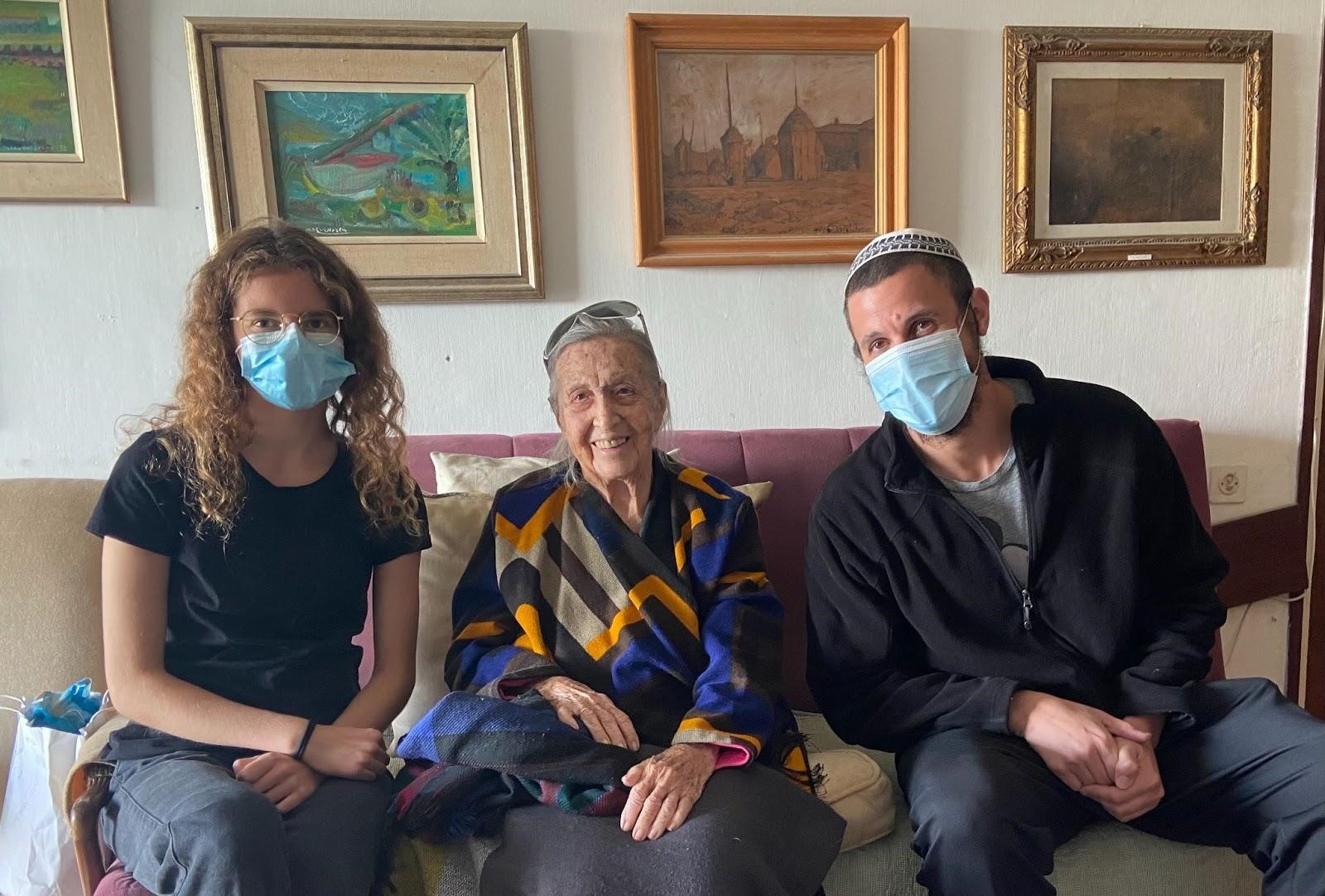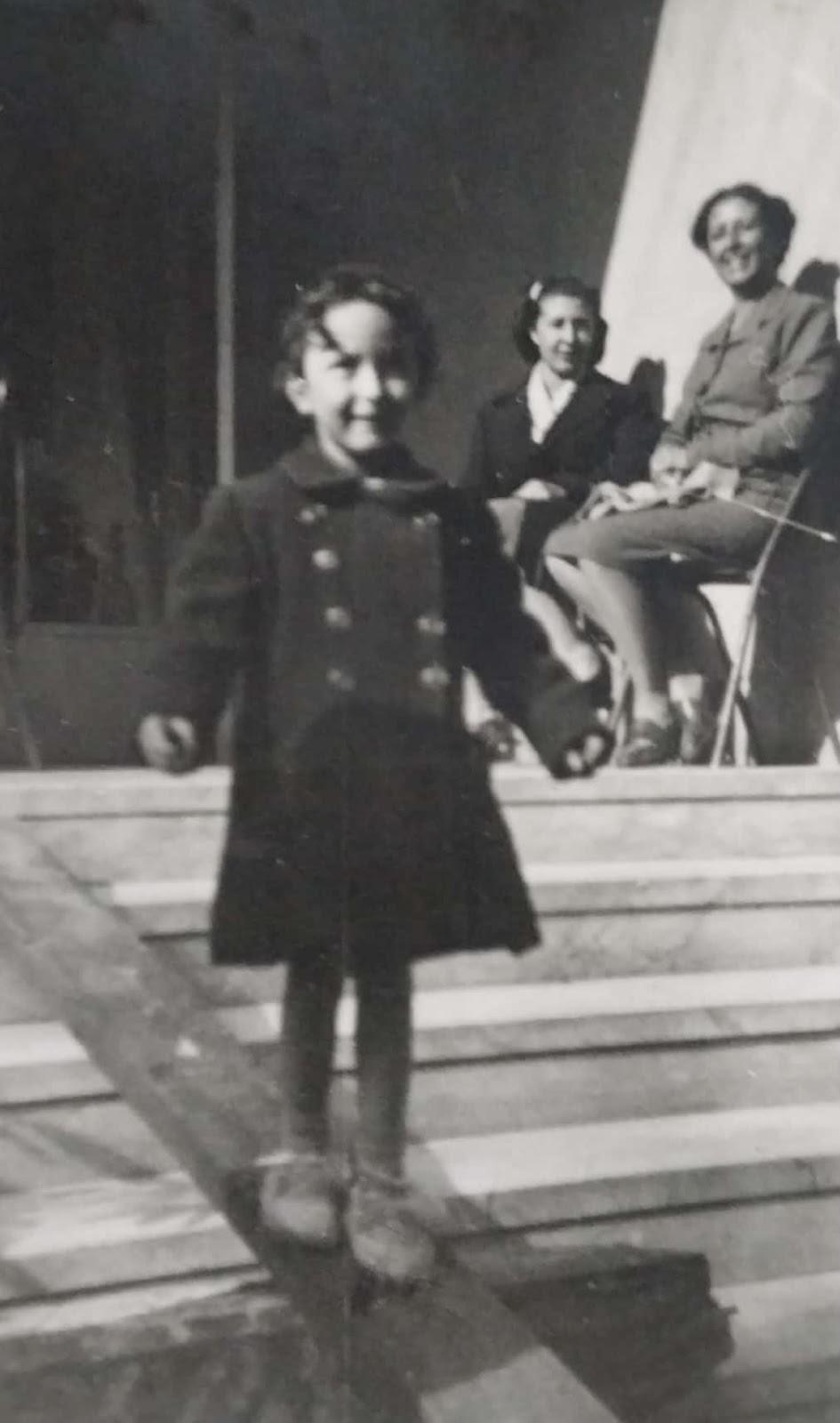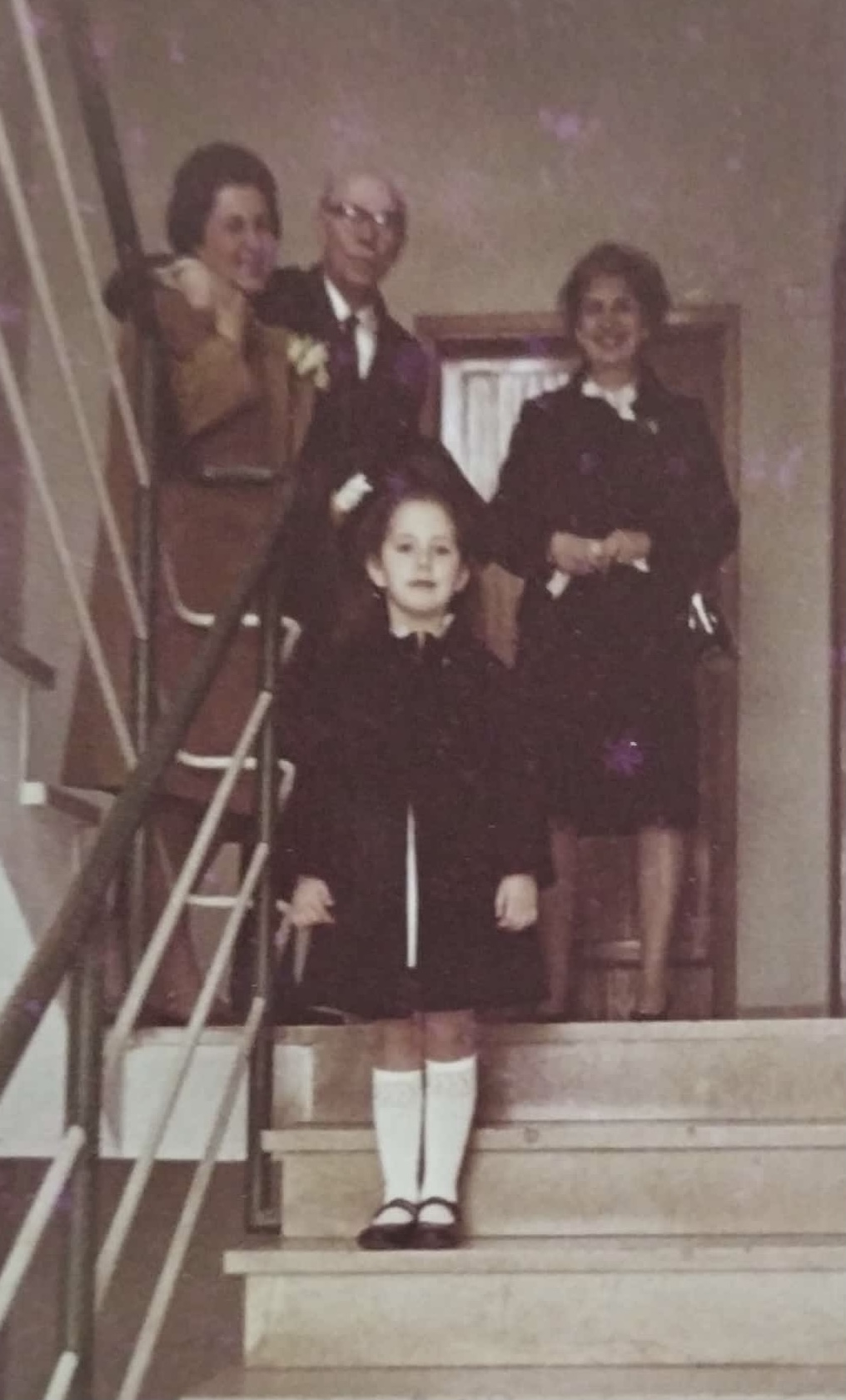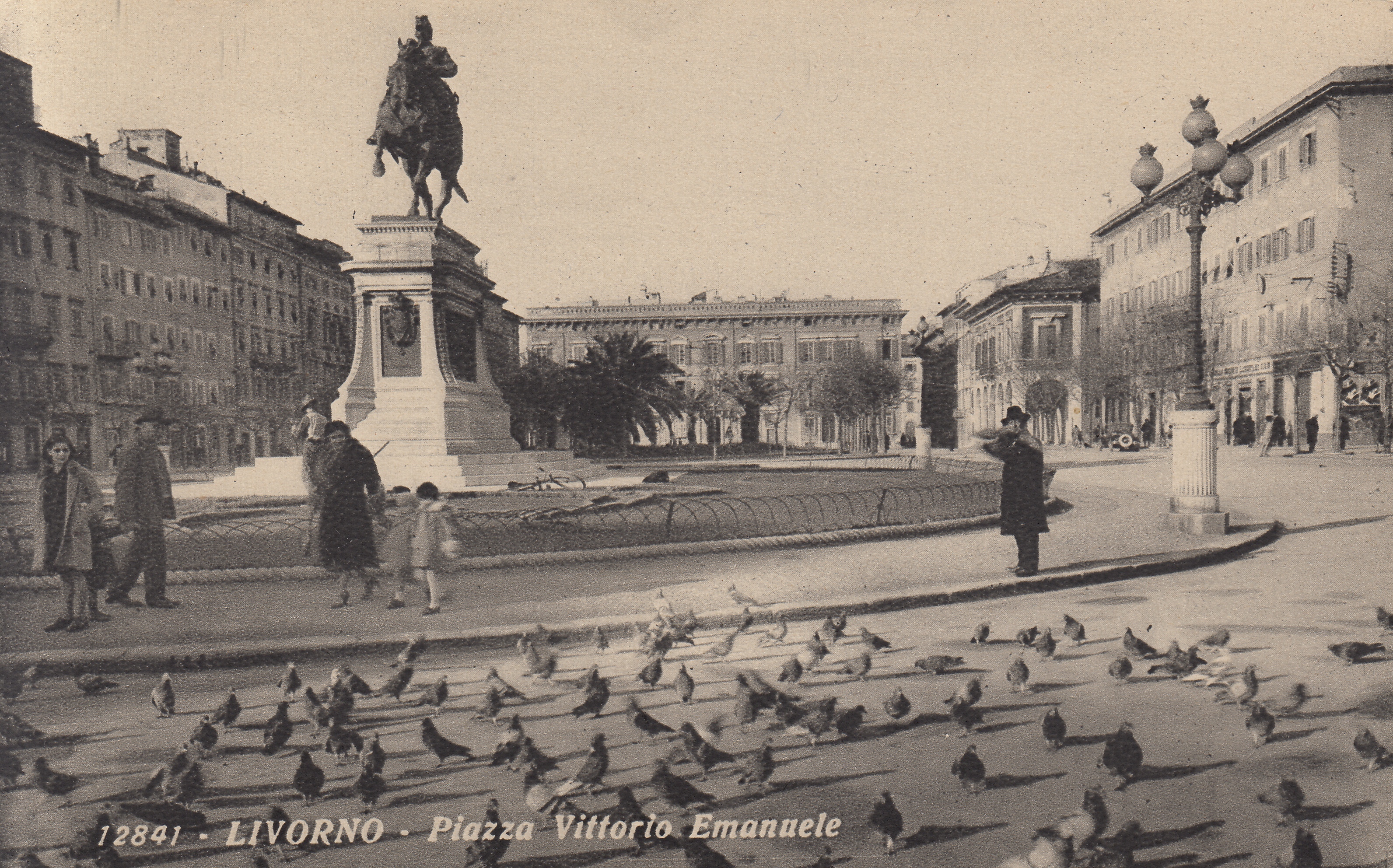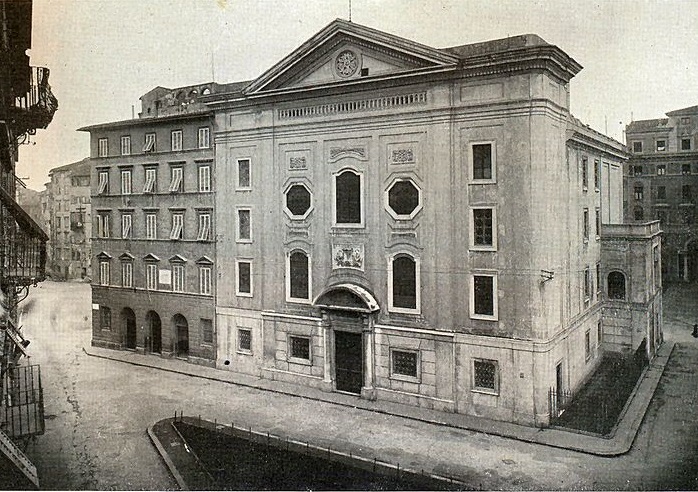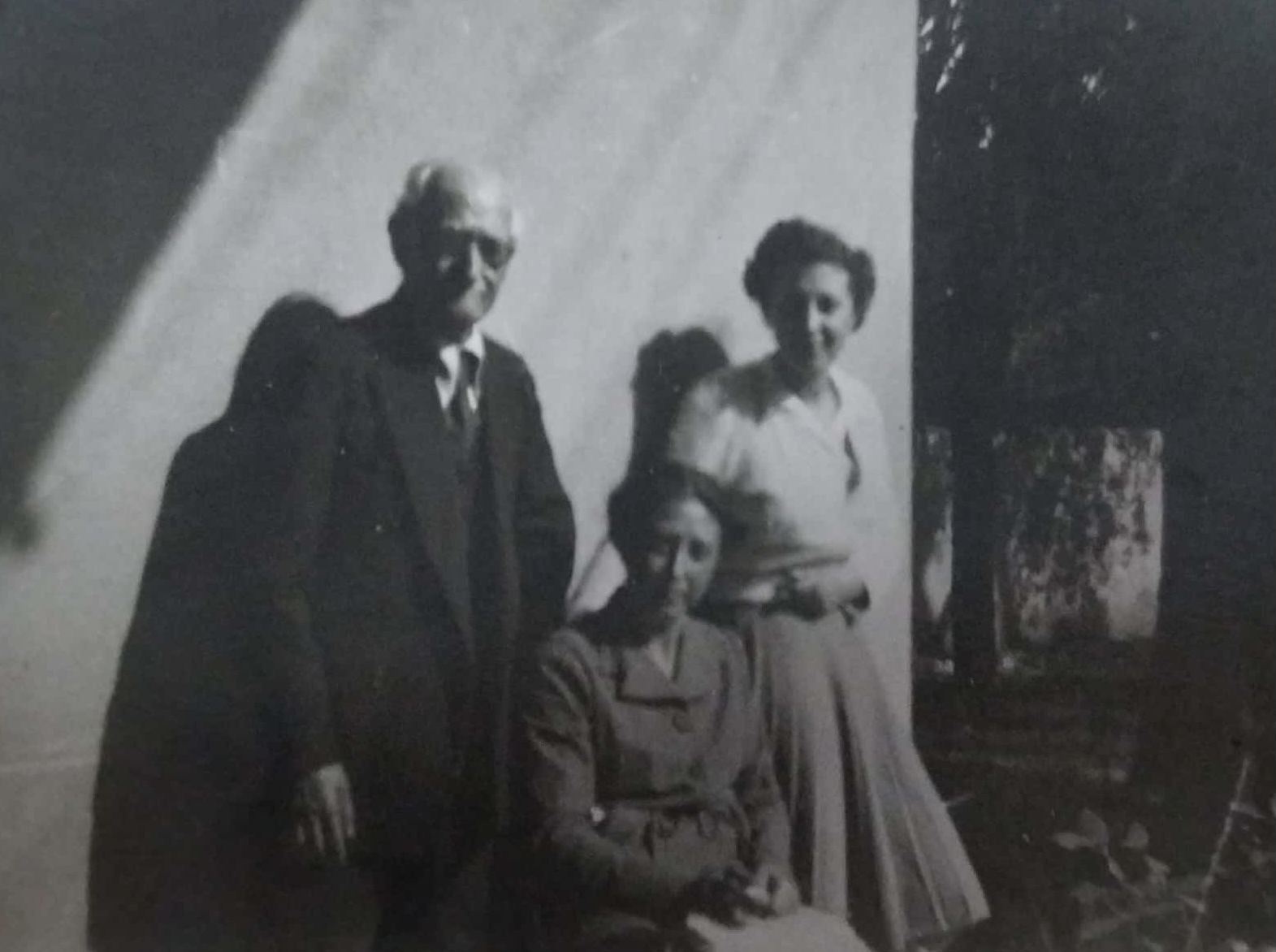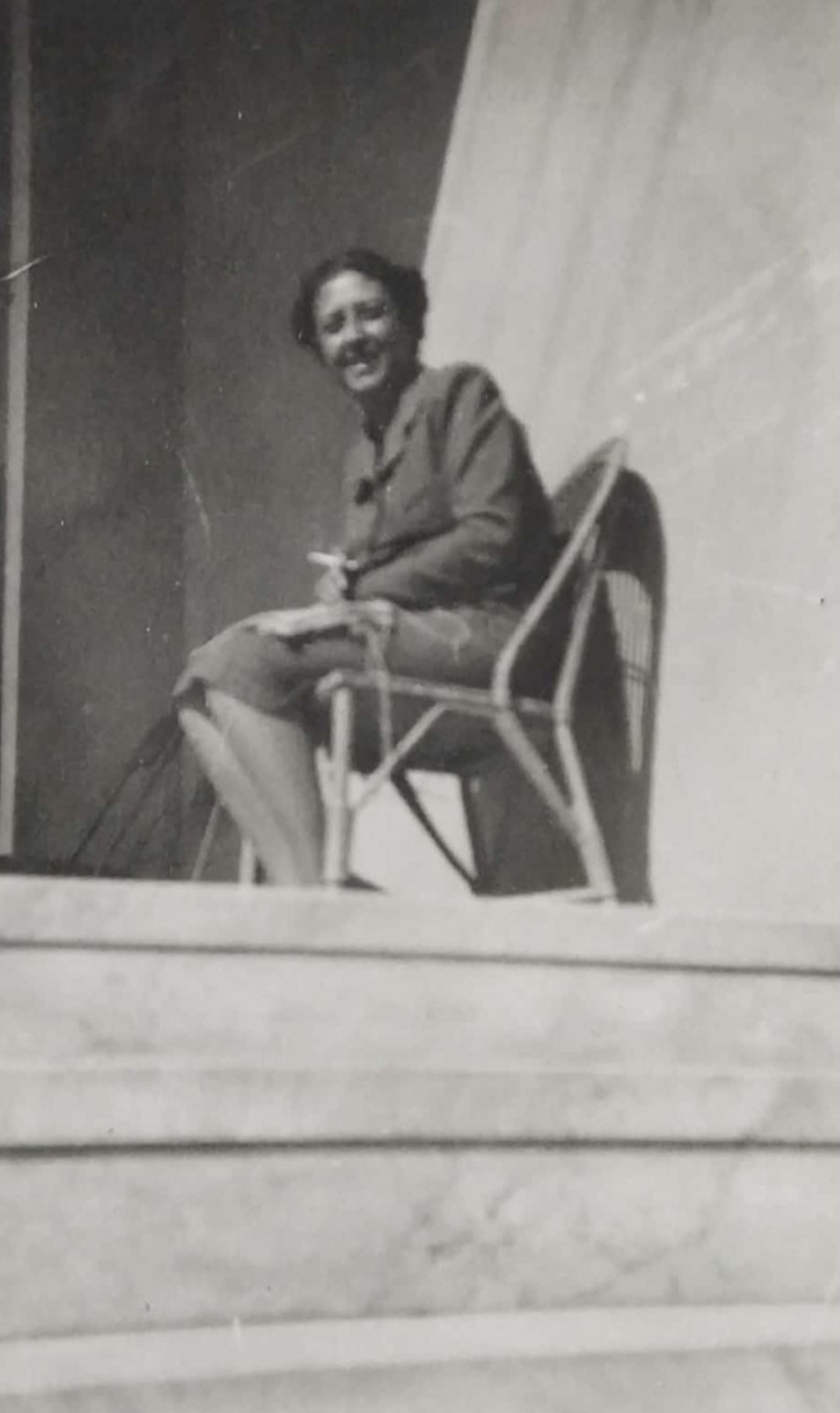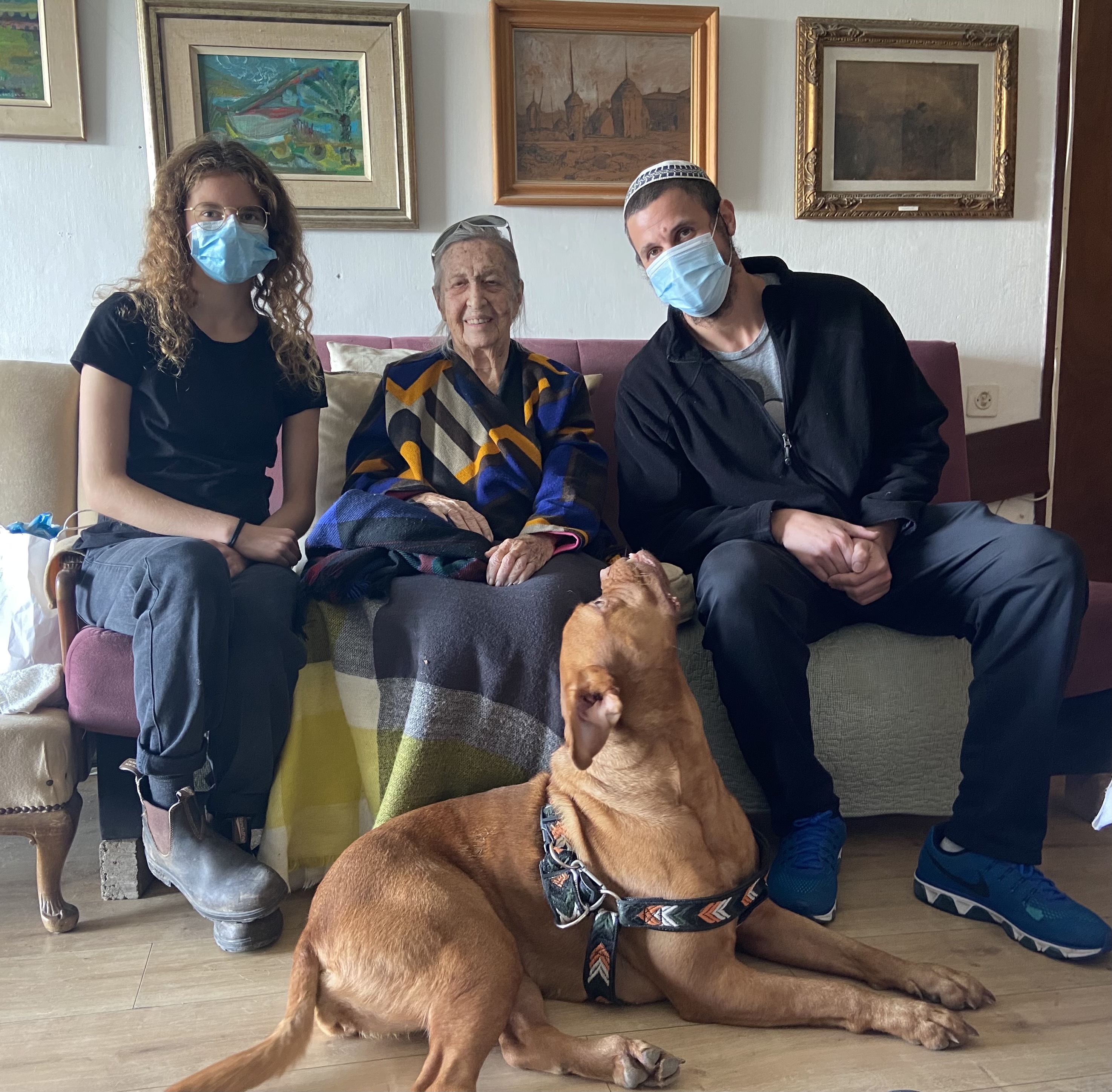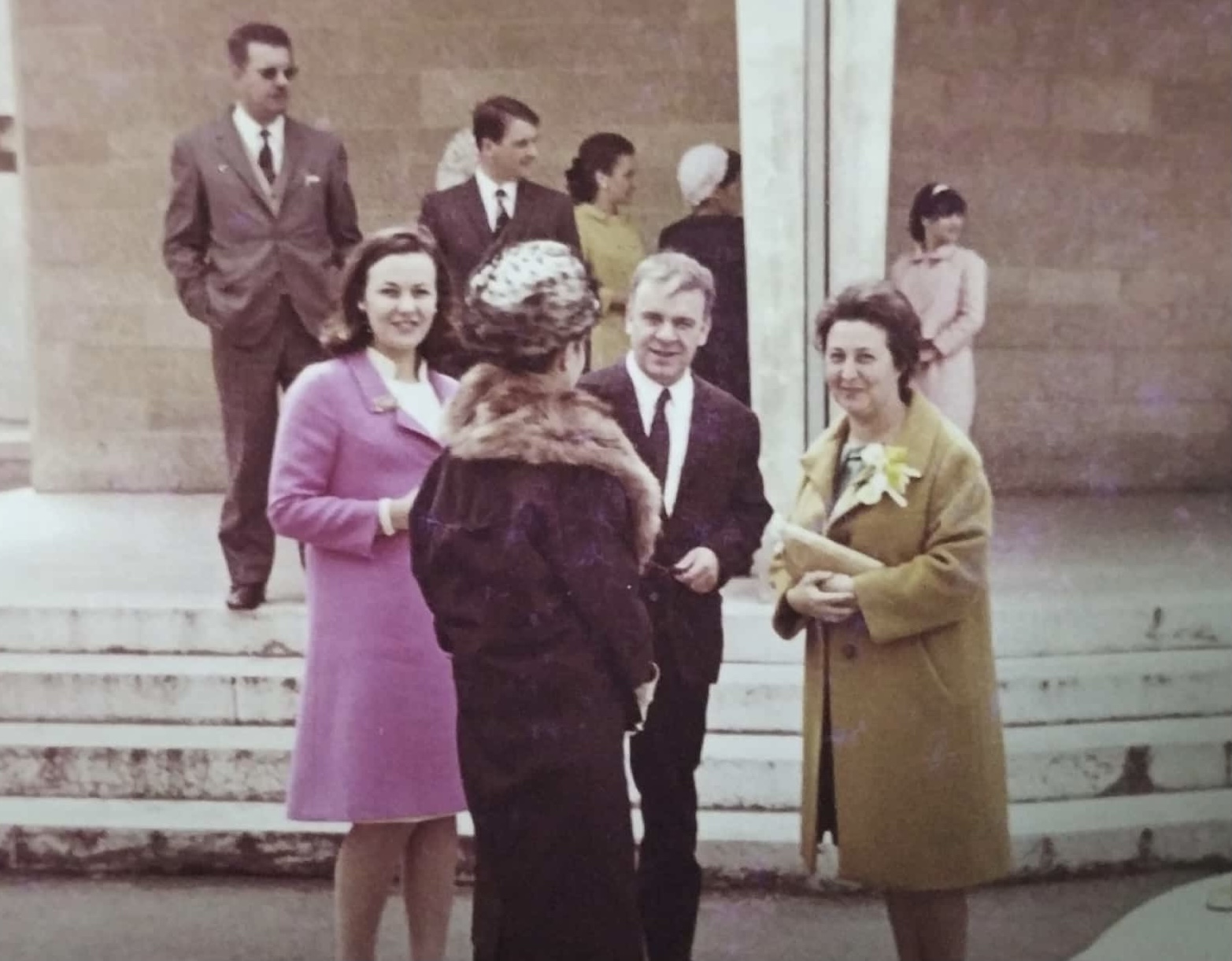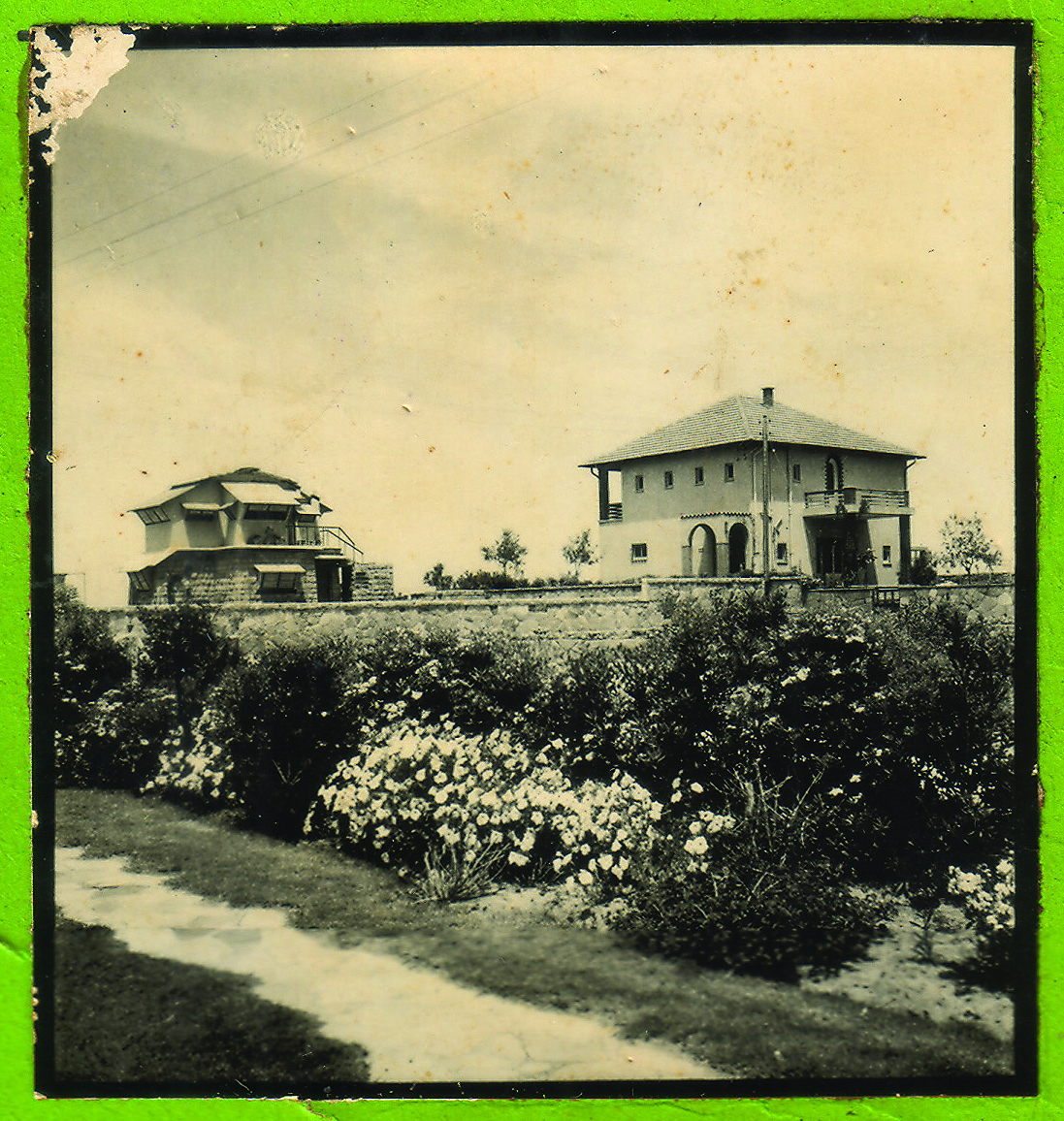Alda was born on August 22, 1927 in Livorno, Italy, the eldest of the three children of the aristocratic, wealthy and educated Dello-Strologo family. Piero was born in 1929 and Antonia in 1940.
It was a mixed family. Alda's mother, Cesarina, was a Christian, the descendant of an aristocratic Scottish family. Alda's father, Aldo, came from a Jewish family and that created a kind of paradox for his daughter. On the one hand, according to Judaism, which follows matrilineal descent, Alda was considered a Christian. On the other hand, according to Christianity, which follows patrilineal descent, Alda was considered a Jew. At first, this didn’t bother her at all and, moreover, Alda even says that she quite enjoyed it. "When I was little, I used to go with my mother's family to church on Sunday and yet I would wait for Saturday to go with my father's family to the synagogue. But for some reason, I became more connected to Judaism. I think it was because of my grandfather, because I was very close to him".
Alda notes that as a child she formed a very deep bond with her grandfather, Aristide (her father's father, who was Jewish). "Grandpa was a very smart man. He was a very famous lawyer. He always helped everyone. He had a gallery of pictures he had collected over the years. I loved sitting there at a table and reading, writing and drawing. I was so attached to him, I used to sit with him and ask him questions about Judaism and other topics. In the same gallery, my grandfather also taught me to read, and so when I got to first grade I already read well".
Livorno was a very special city in Italy, a port city that is an example of openness and progress (Livorno comes from the word "liberal", or "free"). It was a city where there were no large social gaps between the people and where the Jews did not live in a certain district--"ghetto"-- but lived among the rest of the population.
Alda's family, one of the wealthiest in the city, was well-known in Livorno. She says, "As a child, I had servants. We lived in a spacious villa that was designed by a famous architect (Bottoni) who was a close friend of the family. That villa was just one of several large villas owned by the family, most of them in the Siena area”. Just to convey some idea of the size of the villa, Alda's son David tells us that after northern Italy was liberated by the Allies, the commander of a U.S. force of several hundred soldiers chose to establish his base in that villa.
Alda remembers that when she was about seven-years-old, the Fascist party was already in power and had started enacting laws against Jews. "I took it very hard. As a child, I felt I did not want to live in such a reality. I went out on the road hoping to be run over by a car. At the last second, I decided I wanted to live and I ran away from the middle of the road. I remember I felt like cars just passed around me, it was a miracle that I was not hit”.
The big change In Alda’s life came in 1938 when the partnership between the Nazis and the Italian Fascists was already a strong alliance. During that year, Alda's mother, who loved to read and owned a huge library, began to remove and to hide all the books in her library that had been written by Jewish writers. In their place, she shelved books of gentile writers. Later that year, the fascists invaded the home and expelled the family. Alda remembers that the family had only two hours in which to evacuate the house: "It is a very traumatic memory for me. For me to see my grandparents and my parents who were very strong people, becoming helpless, it really broke me!"
"But I realized," she continues, "that now everything was turning upside down, now my parents need me and I must be strong for them. I remember the only thing I took with me during those two hours were books. That was everything for me. But in all the sadness, there was also a kind of positive aspect to that event: the loyalty of the household staff. I was just surprised by the loyalty. All the workers and maids came with us. That greatly strengthened us in that same situation. It gave us hope and left us a bit optimistic".
Alda's family split up when her father, because he was a Jew, fled and went into hiding. He even lived in a monastery for a while (Palazzo Piccolomini in Siena). The nuns liked him a lot. He used to sit with them and share with them his vast knowledge. Meanwhile, the rest of the family fled on foot towards Cesarina's family in Siena where they changed their hiding places from time to time and and for a while even hid in an attic right in front of the Gestapo headquarters.
Towards the end of the war, in 1943, Alda met her husband, Joseph. Joseph had immigrated from Moldova to Eretz Israel for Zionist motives. He even served in the Irgun underground movement that fought against the British Mandate, but following the approaching Nazi threat to the country, Joseph decided to enlist in the British Army. He took part in the invasion of Italy. After the liberation of the Siena area, he met Alda and they married. A few months later, Joseph was sent by ship from Naples to Egypt. Alda and Joseph arranged to meet on the ship, but for some reason Alda could not board the ship in time and it departed without her. Alda, a girl of just 17, remained in the British military camp in Sienna by herself. After a great deal of effort, she managed to arrange a meeting with the camp commander and, again with great effort, she managed to persuade him to arrange a berth for her on the next ship sailing to Eretz Israel under the auspices of the British army. There, she reunited with Joseph, who would be called "Yosef", using the Hebrew name.
Alda and Yosef started their family in Moshav Shavei Zion. Alda says that the reason she chose to live in the moshav was because Yosef was studying architecture at the Technion and when he graduated they planned a trip together to Beirut. During the trip, they stopped in Shavei Zion (on the Haifa-Beirut road). They bought some food at the grocery store and, admiring the beauty of the place, they stayed there all day. Eventually, they settled there and reared their five children.
In conclusion, it is very important to Alda to convey a message: "It is always important to be optimistic, to think that tomorrow will be better and not take things too hard. There is nothing to do. Bad things happen but it is important to be positive even in times like that. I know it always helped me."
